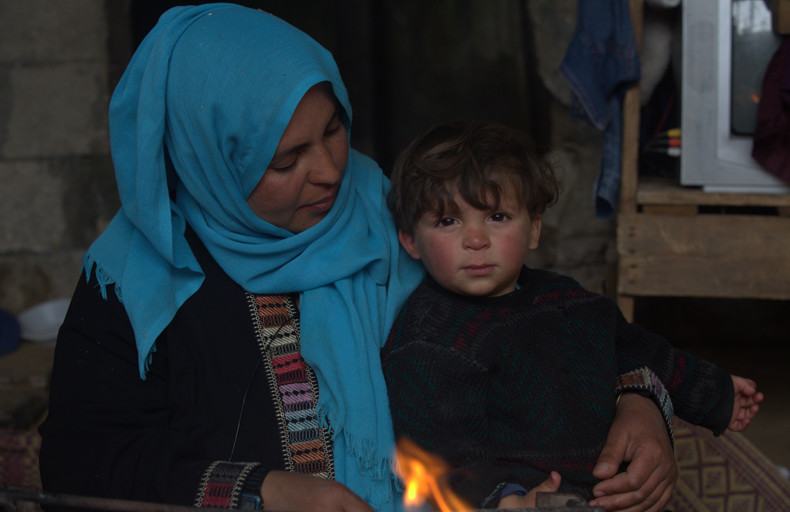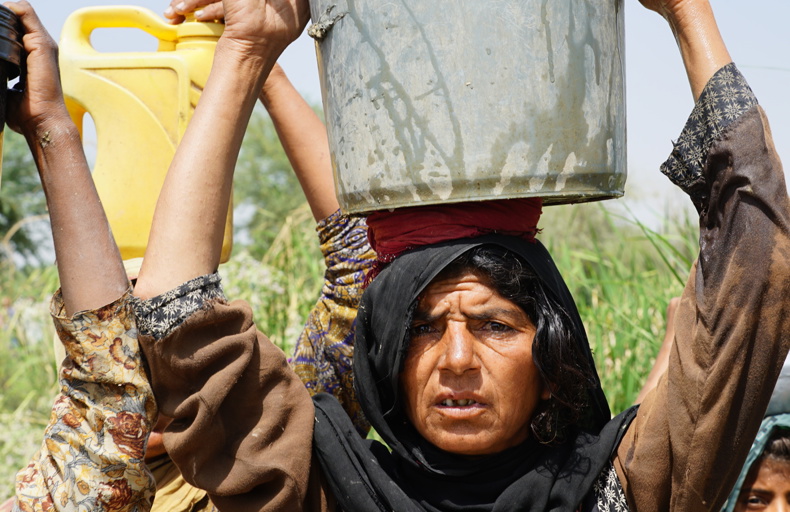Big changes ahead. Stay tuned!
Big changes ahead. Stay tuned!
Nothing here
Start typing to search
Searching..
Nothing matches
There are no matching results.
Sorry!
There has been an error.
Big changes ahead. Stay tuned!
Big changes ahead. Stay tuned!
Nothing here
Start typing to search
Searching..
Nothing matches
There are no matching results.
Sorry!
There has been an error.

Understanding Duty, Charity, and Spiritual Intent in Islam
In Islam, charity (Sadaqah) is a noble act that reflects compassion, selflessness, and devotion to Allah ﷻ. Yet, a question often arises: Does supporting one’s own parents financially qualify as Sadaqah? To answer this, we must distinguish clearly between voluntary charity, obligatory financial duties, and the limits set by Zakat eligibility. This article explores these nuances, emphasizing that while honoring and caring for parents is among the loftiest deeds in Islam, financial support for them is not Sadaqah—it is an obligation (fard).
1. What Is Sadaqah in Islam?
Sadaqah refers to voluntary charity—offered from sincere devotion, compassion, or in gratitude to Allah. It is a deed that carries immense reward. Allah ﷻ says:
“The example of those who spend their wealth in the way of Allah is like a seed [of grain] which grows seven spikes; in each spike is a hundred grains…” 📖 Surah Al-Baqarah 2:261
However, Islam differentiates voluntary charity (Sadaqah) from obligatory responsibilities (fard or wajib). What is obligatory cannot be classified as charity—even if it involves money. This principle is vital when considering the financial care of one’s parents.
2. Supporting Parents: A Divine Obligation, Not Charity
The Qur’an repeatedly commands kindness and dutifulness to parents, linking it directly with Tawheed (belief in the Oneness of Allah):
“And your Lord has decreed that you not worship except Him, and to parents, good treatment…” 📖 Surah Al-Isra 17:23
If one’s parents are in financial need, it is a fard (obligation) upon their children—especially sons—to care for them. This is not an optional act, and thus cannot be considered Sadaqah, since Sadaqah by definition must be voluntary. Classical scholars across all four madhhabs (Hanafi, Maliki, Shafi’i, Hanbali) agree on this point. In fact, spending on one’s parents when they are needy is akin to spending on oneself. The Prophet ﷺ said:
“You and your wealth belong to your father.” (Sunan Ibn Majah, 2291; Musnad Ahmad)
This Hadith illustrates that a child’s financial duty toward parents is not a favor, but a religious responsibility.

3. Why It Cannot Be Zakat Either
Another critical clarification: Zakat cannot be given to one’s parents. Zakat is meant to help those whom one is not already obligated to support. Giving it to one's parents would essentially mean fulfilling a duty using a religious obligation intended for others, which contradicts the Shari’ah. Ibn Qudamah رحمه الله writes in Al-Mughni:
“One cannot give Zakat to his parents or children because he is already obliged to support them.”
Therefore, Zakat is not valid when directed to parents, even if they qualify by poverty, because the son or daughter bears direct financial responsibility over them.
4. What About When Parents Are Not in Need?
If the parents are financially independent, and the child gives money as a gift or gesture of love—with the intention of pleasing Allah—then it may be classified as Sadaqah. This, however, is not because of their status as parents, but because the act becomes a form of voluntary kindness. Even then, such giving is best classified as birr al-walidayn (dutifulness to parents), not Sadaqah per se.
5. The Importance of Intention (Niyyah)
As with all actions in Islam, intention determines the value. The Prophet ﷺ said:
“Verily, actions are judged by intentions...” (Sahih al-Bukhari, 1)
When a child helps their parents financially, and the intention is to fulfill an obligation, it is not Sadaqah—even though it is a virtuous deed. But if the intention is additional support out of love and gratitude, it may carry the reward of charity—without it being technically classified as Sadaqah.
6. Honoring Parents in Other Forms of Charity
Instead of labeling obligatory support as Sadaqah, children are encouraged to do other charitable acts in the name or honor of their parents:
These actions fall under Sadaqah Jāriyah (ongoing charity) and continue to benefit them after death.
“When a man dies, his deeds come to an end except three: ongoing charity, beneficial knowledge, or a righteous child who prays for him.” (Sahih Muslim, 1631)
Conclusion
Supporting one’s parents financially is not Sadaqah—it is a binding Islamic duty when they are in need. It cannot be counted as charity because it is already required by Sharī‘ah. Similarly, Zakat cannot be given to them, as it must go to those beyond one’s legal and financial obligations.
Nonetheless, honoring one’s parents with gifts, surprise gestures, or charitable acts in their name holds immense spiritual reward. But one must never conflate obligation with voluntary charity in Islamic ethics.
Let our giving to our parents be rooted in reverence, gratitude, and obedience to Allah, not merely categorized acts. That is the true essence of birr al-walidayn (righteousness to parents).
FAQs
Is giving money to parents Sadaqah?
❌ Not if it’s fulfilling a duty. If parents are in financial need, it is not Sadaqah, but an obligation.
Is it Sadaqah if they are not in need?
✅ Yes, if given voluntarily. When given as a gift or gesture of love without their financial dependence, it may be classified as Sadaqah.
Can Zakat be given to parents?
❌ Never permissible. Zakat cannot fulfill obligations toward dependents like parents.
Is caring for parents financially a good deed?
✅ Absolutely—it’s among the highest virtues. While not Sadaqah, it is birr al-wālidayn and one of the most beloved deeds to Allah.
How to honor parents through charity?
✅ Give Sadaqah Jāriyah (ongoing charity) in their name, establish a waqf, or make sincere du‘ā’ for their well-being or forgiveness.